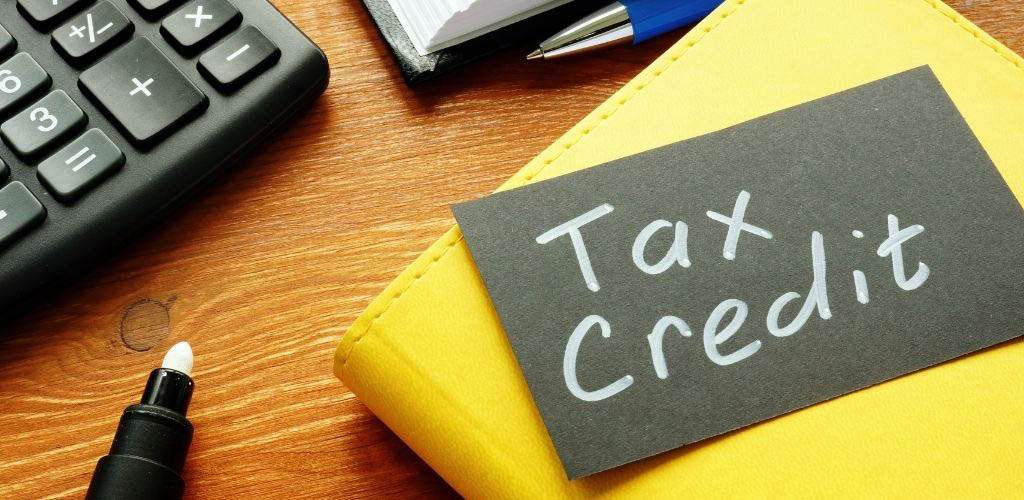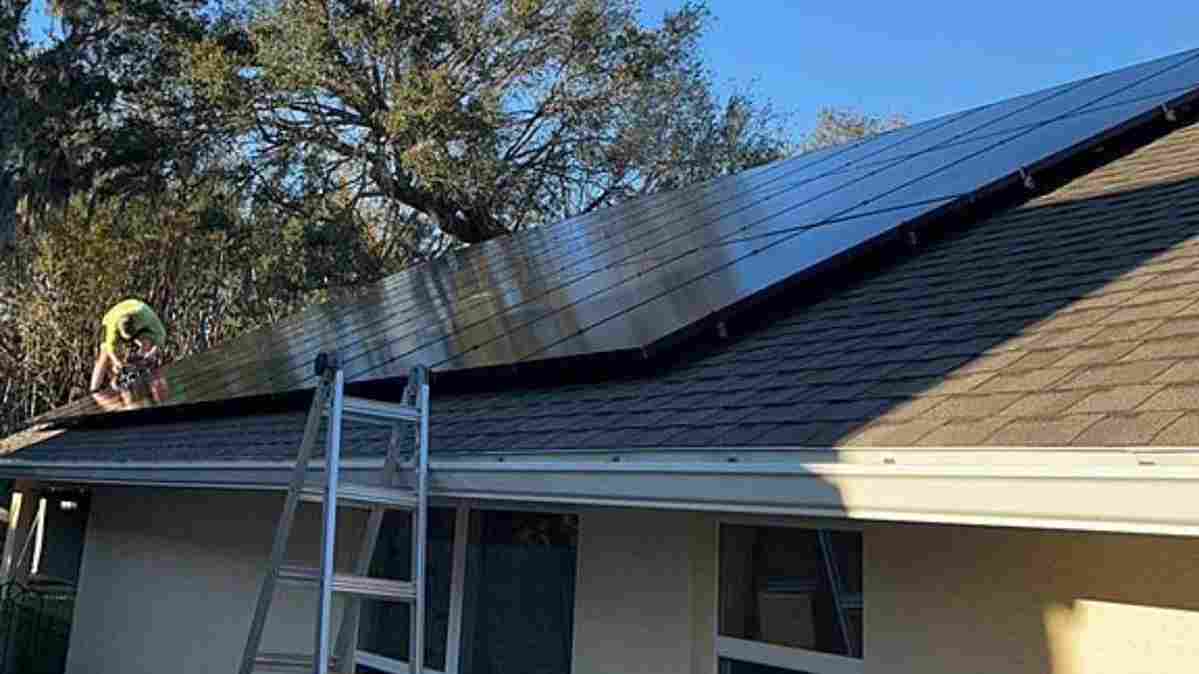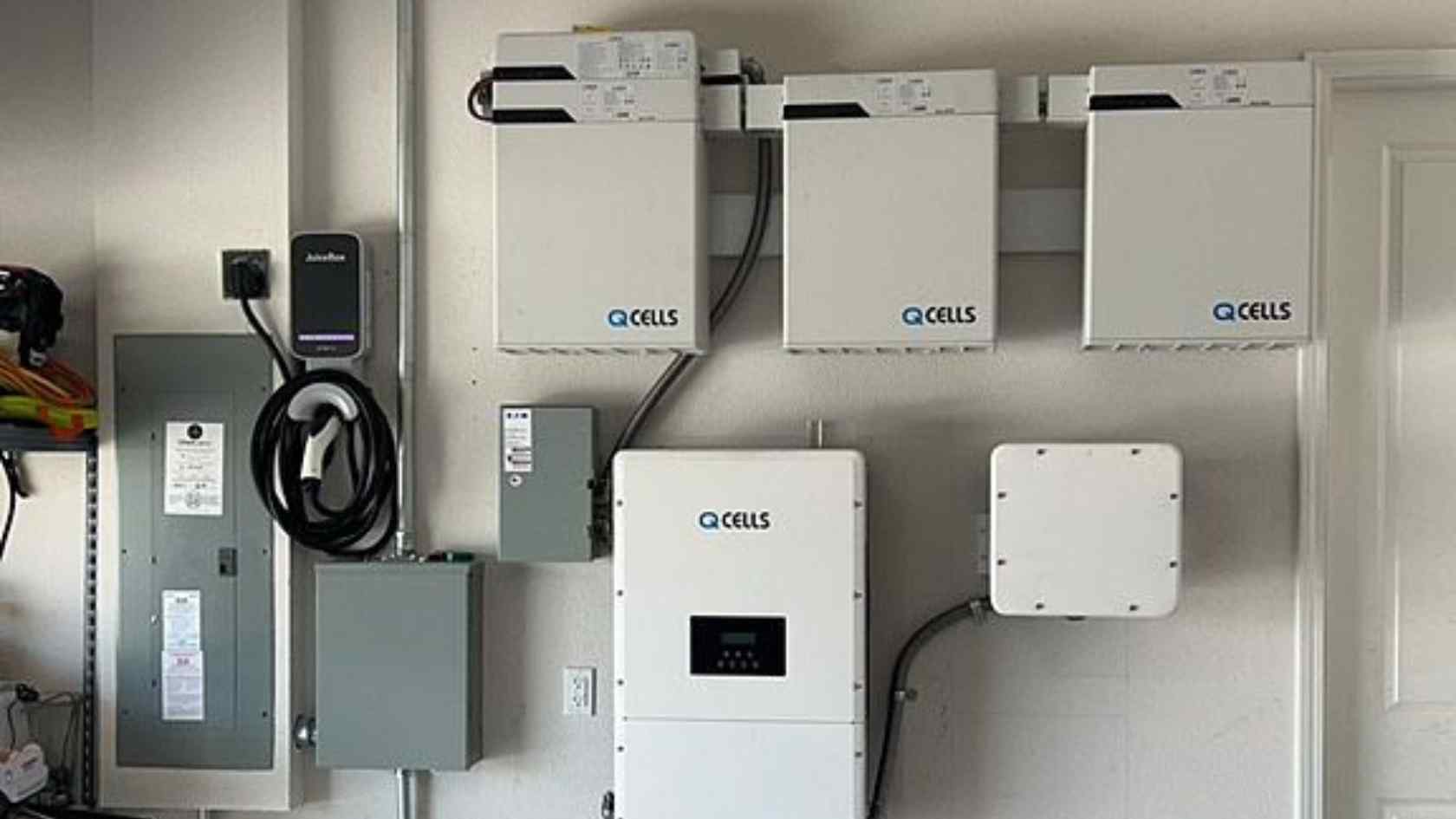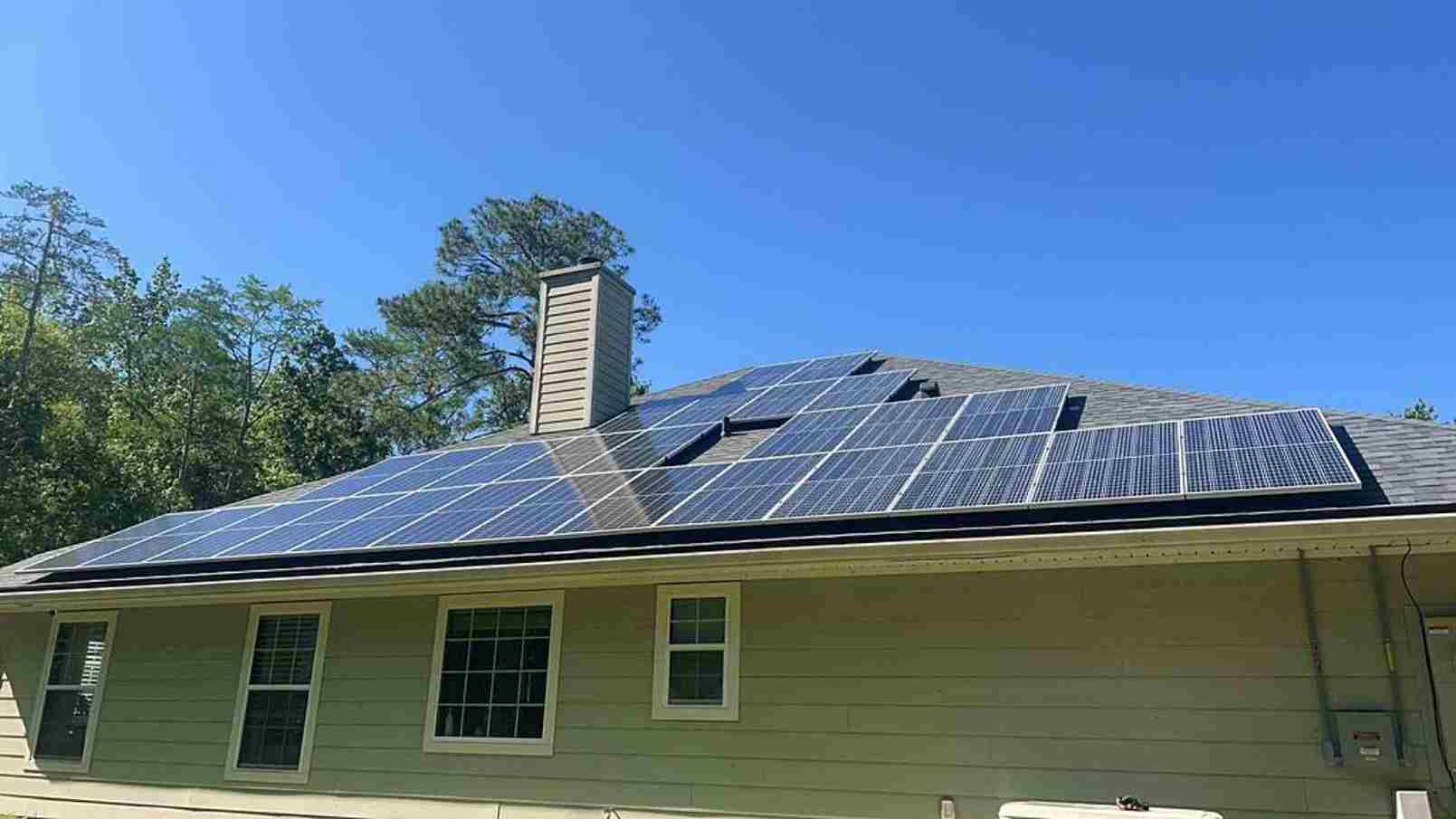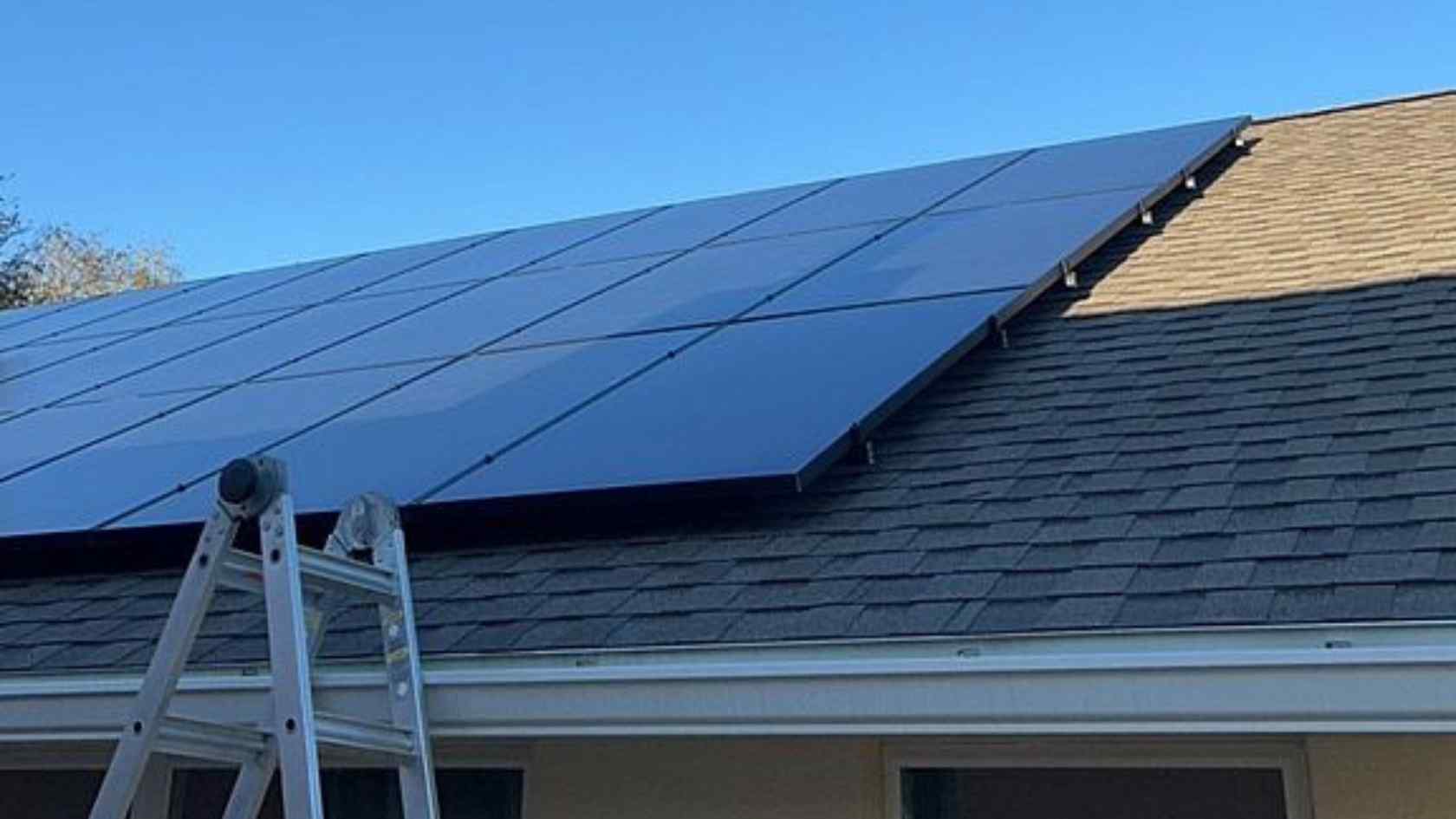Please remember that we are not tax professionals and do not give tax advice. This information is only a general outline of what steps/forms to use when claiming the federal solar tax credit. Please consult a tax consultant before filing.
Florida ranks 4th in the nation for solar potential but 14th in the number of residential solar systems installed. For most homeowners, the cost is the biggest concern but Florida solar tax credits can make switching to clean energy much more affordable.
Tax Benefits Of Going Solar
The federal government is offering a 30% tax credit to reduce the costs of adding rooftop solar panels. With the average home energy system costing upwards of $25,000, this single deduction can offer homeowners huge savings! The Florida solar tax credit can be used for:
- Solar panels or PV cells
- Contractor labor costs
- Permitting fees
- Installation costs
- Energy storage devices (batteries, backups, etc.) charged by solar panels
Tax credits are different from tax deductions. A credit allows you to take the amount directly off your tax payment vs. a deduction which reduces your overall taxable income. The 30% solar tax credit amount is only available through 2033. After that, the amount will be reduced to 26%.
Property Tax Exemption
Home remodeling can increase the value of your home and cause a spike in your property tax bills. Because solar panels can increase a home’s value by $10k+ on average, some homeowners worry about seeing an increase in property taxes. The good news is that solar panel systems are exempt from this in Florida per the Tax Exclusion for Residential Renewable Energy Property.
Florida Sales Tax Exemption
Residential solar panel systems in Florida are exempt from state sales tax – a savings of 6% from what you would normally have to pay.
Florida Solar Tax Credit Limitations
- The tax credit can only be claimed on the “original installation” once
- Homeowners cannot** claim the solar tax credit multiple times (see below)
- Credit and savings do not apply to leads solar systems or fees associated with community solar farms
- You can’t claim the solar tax credit on rental properties you don’t live in
- If you live part-time in a rental property you own (say three months out of the year), you can claim the tax credit for the amount of time you were in the home
- **If you own multiple homes, you may be able to claim the tax credit for each property – discuss this with a tax professional
Filing Requirements
To claim the solar tax credit, you must file Form 5695 with your annual tax return. Access the form and get instructions on how to complete the form here.
One of the biggest questions we get from homeowners is about total tax liability and what happens if you have a credit larger than what you owe. If you end up with a bigger credit than you have income tax due — ex.a $3,000 credit on a $2,500 tax bill —then you can’t use the credit to get money back from the IRS. Instead, you are allowed to carry the credit over to the following tax year.
FAQ’s About Florida Solar Tax Credits
How do I claim the Florida solar tax credits?
Claiming the federal solar tax credit is easy. When filing your taxes you will need to:
- Collect any receipts related to the cost of solar installations and solar power.
- Fill out the IRS Form 5965.
- Add the Tax Credits to Form 1040.
Keep in mind that we are not tax professionals and do not give tax advice. This information is only a general outline of what steps/forms to use. Please consult a tax consultant before filing.
How do I qualify for the federal solar tax credit?
The general qualifications for the federal solar tax credit are as follows:
- Solar system installation is used to provide energy to your home
- Installation is located at a residential location in the U.S. (does not have to be the primary residence).
- The solar system was purchased with cash or through financing – cannot be a leased agreement
- The solar system is new or being used for the first time.
Keep in mind that the federal solar tax credit can only be claimed on the “original installation” once.
Can I claim Florida solar tax credits more than once?
Florida homeowners cannot claim the solar tax credit more than once on the same property, however, unused amounts of the credit can be carried over each year for five years. If you own multiple homes and solar systems are installed then you may be eligible to use the solar tax credit for each property.
Is the solar tax credit going away?
Yes, the federal solar tax credit amount will reduce to 26% in 2033.
What tax form is used to claim the Florida solar tax credit?
Form 5695 will need to be filed with your tax return to claim the solar tax credit. Get instructions on how to complete the form here.
Can I still claim the solar tax credit if I remain connected to the grid?
Yes! As long as you meet the other qualifications (solar panels are purchased and installed on your primary residence), you can still claim the tax credit for the total amount and remain connected to the grid through net metering programs.
How does the tax credit work if I finance my solar system?
Yes! The bank or finance company pays the solar installer when your loan is approved. The finance agreement is a contract, and you must pay the total cost. This means you can claim the solar tax credit even if the payoff date is 25 years later. Additional expenses from financing, like origination fees and extended warranty expenses, are not eligible when calculating your tax credit.

